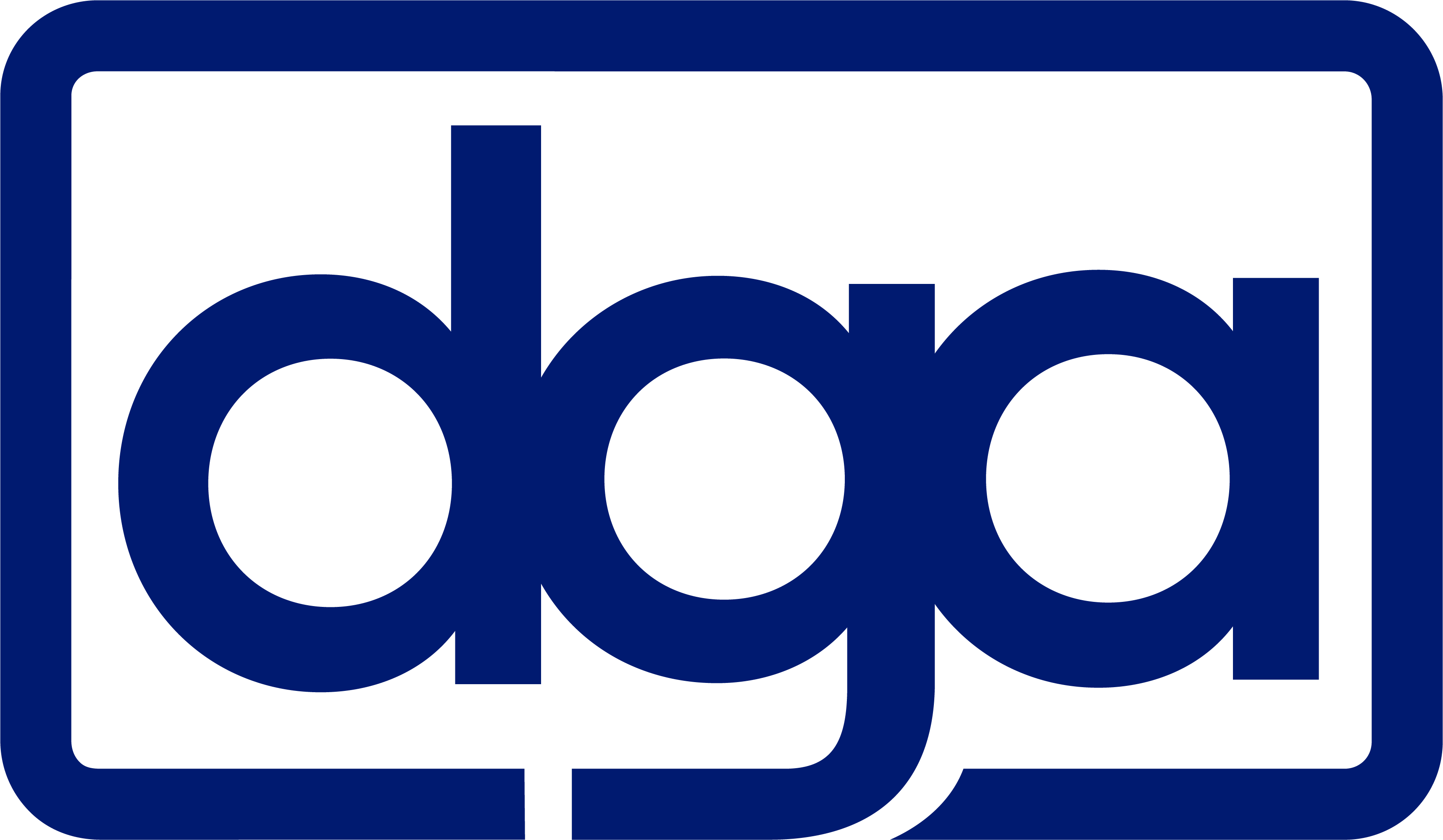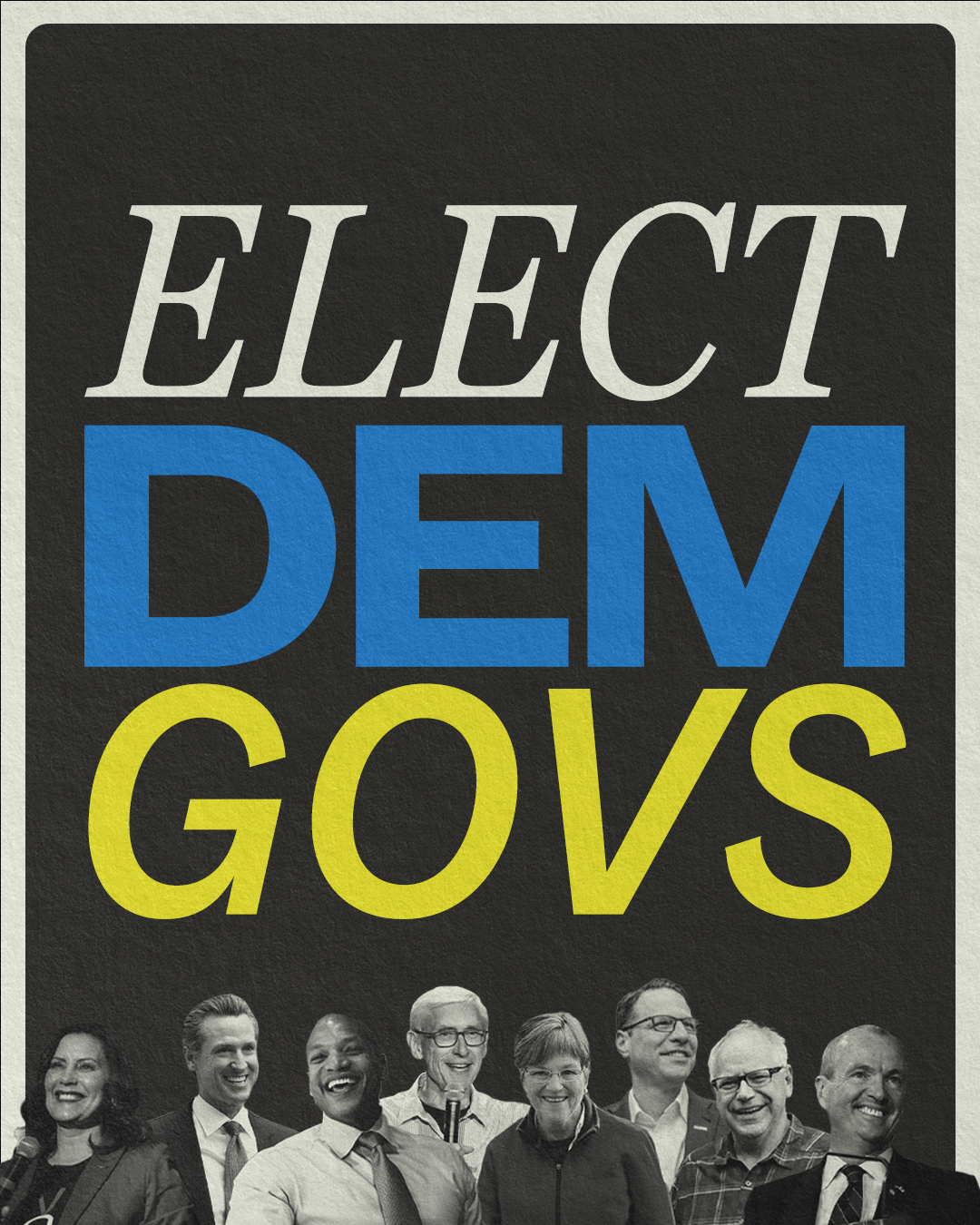FACT CHECK: Rauner’s Leadership Shifted the State’s Infrastructure Plan into Reverse
In a fitting bit of symbolism, Governor Bruce Rauner today announced the state’s new six-year infrastructure plan in front of a bridge that’s been slated for replacement since 2013. But the announcement also comes after years of Bruce Rauner entirely failing to manage the infrastructure of the state, leaving us with a system rated “C-Minus” and costing drivers $16 billion a year.
Rauner’s three-year budget crisis and consistent mismanagement left the state’s infrastructure to deteriorate, and increased fares and reduced service on Illinois’ mass transit systems. In a memorable day just last year, all work stopped on Illinois’ roadways as Rauner’s budget impasse temporarily put 20,000 construction workers out of work. Rauner vetoed a bipartisan budget that would have put people back to work the next day.
“Bruce Rauner’s failed leadership shifted the state’s infrastructure system into reverse,” said DGA Illinois Communications Director Sam Salustro. “Rauner will spend the next six months desperately trying to distract from his failed record, but press stunts and empty promises won’t change the fact that his budget crisis stalled progress in the state.”
###
Background:
RAUNER’S BUDGET CRISIS STALLED $3.3 BILLION IN ROADWORK PROJECTS AND WASTED ABOUT $30 MILLION TO HALT AND THEN RESTART THEM
Road Construction Halted Temporarily Until The Budget Impasse Ended, Forcing The Shutdown Of Transportation Projects Totaling $3.3 Billion And Affecting An Estimated 20,000 Workers. “Road construction workers across the state will begin returning to their jobs after the Illinois Department of Transportation said construction projects can resume with Thursday’s approval of a full-year state budget. Workers were sent home or not called in at all on Monday, the first work day of the state fiscal year amid the ongoing budget impasse that led to the state shutting down approximately 900 transportation projects totaling $3.3 billion, according to one of the state’s largest contractor associations. The Illinois Department of Transportation estimated 20,000 workers were affected.” [State Journal-Register, 7/7/17]
Shutting Down And Then Restarting The 700 Road Projects Throughout The State Was Estimated To Cost Around $30 Million. “Illinois had gone 736 days without a budget, and the state told road contractors it would not be able to pay them after June 30. The costs of shutting down 700 projects across the state, maintaining the sites during the work stoppage and then starting work up again could be more than $30 million, based on estimates provided by the Illinois Department of Transportation before June 30.” [Chicago Tribune, 7/9/17]
THE BUDGET IMPASSE AND BUDGET CUTS RESULTED IN METRA FARE INCREASES AND SERVICE REDUCTIONS
11/10/17: Metra Approved Service Cuts And Fare Hikes Of Up To 12.6 Percent In 2018. “Metra directors approved fare hikes today of up to 12.6 percent, along with service cuts on routes such as the North Central Service that will start in February 2018. It’s the fourth year of higher tickets for riders, coming on the heels of a cumulative average 18.6 percent increase from 2015 to 2018.” [Daily Herald, 11/10/17]
Metra Said That They Had No Choice But To Increase Fare Prices Because Of The $45 Million Shortfall They Experienced From Funding Cuts And Growing Expenses. “Metra directors approved fare hikes today of up to 12.6 percent, along with service cuts on routes such as the North Central Service that will start in February 2018… Metra leaders say the railroad has no choice given a $45 million shortfall they attributed to funding cuts and growing expenses. But many riders aren’t happy, including Hal Phillips of Arlington Heights. ‘I understand there might be a need for an increase, but it seems excessive,’ he said, adding most companies are offering merit increases for employees of 2 to 3 percent. About $30 million of Metra’s shortfall is caused by higher costs, including about $23 million attributable to employee-related expenses such as salaries, which are going up by an average of 3 percent. Another $15 million is a result of cuts in state aid, government fees and lackluster sales tax receipts. Metra’s operating budget, which includes salaries and equipment, is $797 million in 2018 compared to $781 million in 2017.” [Daily Herald, 11/10/17]


